There was a time in my life when I found myself unable to articulate my thoughts to my partner, particularly during arguments or in moments that demanded vulnerability. It was not for a lack of clarity about what I wanted to say or finding myself at a loss for words. I just couldn’t bring myself to say certain things out loud. This, in turn, added to the confusion and misunderstandings, which made it even harder to be vocal about my thoughts and feelings. Feeling like we were caught in a vicious circle, I wondered, “Why do I struggle to communicate with my partner?”
I’m certain this is a dilemma most people struggle with in their intimate relationships. After all, the stereotype of “Nothing” being the standard response to “What’s wrong?” hasn’t emerged in a bubble. That’s because so many of us grow up without learning how to communicate needs in a relationship or how to have difficult conversations without getting defensive or hurting feelings.
Given the criticality of healthy communication in a relationship, we must unlearn these patterns. We’re here to help you work through communication problems in a relationship, with insights from counseling psychologist Rashmi Shah (MSc in psychology), who specializes in dealing with a broad range of relationship issues, from lack of intimacy to conflict and breakups.
Signs Of Communication Problems In A Relationship
Table of Contents
Like me, have you also been struggling with the thought, “Why do I struggle to communicate with my partner?” Before we explore it further, it’s important to establish that you’re, in fact, dealing with communication problems in a relationship and not simply overthinking the situation. So, what does poor communication in a relationship look like? Rashmi shares the following tell-tale signs to watch out for:
- Poor listening: One of the signs that you’re not communicating in a relationship the right way is an inability to hear each other out patiently. “One or both partners may not actively listen to each other, leading to misunderstandings or feeling unheard,” says Rashmi
- Frequent arguments: “Constant arguments or fights over trivial matters may indicate underlying communication issues,” says Rashmi. If every disagreement leads to fights, it’s a sign you need to learn how to talk about issues in a relationship
- Blame game: Blame shifting is another key indicator of poor communication in a relationship. “Instead of taking responsibility for their actions, partners may blame each other for problems in the relationship,” says Rashmi
- Different communication styles: “Partners may have different communication styles or preferences, leading to difficulty in understanding each other,” explains Rashmi. When you talk in a way that doesn’t resonate with your partner or vice versa, you will inevitably be left grappling with a lack of communication in a relationship
- Passive-aggressiveness: “Instead of openly addressing concerns, one partner may resort to passive-aggressive behavior or sarcasm,” says Rashmi. As a result, you may be left lamenting, “My partner/my wife/ my husband doesn’t understand me”, or
- Assumptions: Misunderstandings are a clear sign of communication problems in a relationship, and they stem from a tendency to make assumptions instead of practicing open communication about each other’s thoughts, feelings, and emotions. “Making assumptions about what the other person thinks or feels without checking with them can lead to misunderstandings,” says Rashmi
Why Do I Struggle To Communicate With My Partner? 5 Possible Reasons
Once I had the self-awareness that I was not communicating in a relationship the right way, I realized it was an area I needed to work on. By reading about the root cause of communication problems in a relationship, going into therapy, and just being mindful of how I approach difficult conversations, I was able to break this pattern — well, to a large extent.
In this journey of finding the answer to the question, “Why do I struggle to communicate with my partner?”, I realized that this issue is, more often than not, internal and not symptomatic of underlying problems in a relationship. Of course, external factors like busy schedules and technoference play a role, but essentially, it boils down to your own inhibitions and self-doubt.
If you, too, often struggle with realizations like, “I can’t communicate with my husband/wife/partner”, or feel the need to learn how to communicate better with your boyfriend/girlfriend/spouse/partner, a deep dive into the root cause is warranted. In consultation with Rashmi, I list the five most prominent reasons behind communication problems in a relationship:
Related Reading: The 8 Commandants Of Open Communication In A Relationship
1. Language barriers
If you and your partner have different native languages, even if you speak a common language, communication in a relationship can become a challenge. Particularly, when it comes to expressing yourself clearly about sensitive topics. That’s because we’re wired to think in our native language, and the metaphors as well as interpretation of certain gestures and even tones can vary from one language to the other.
So, even if you’re using words from a language that both you and your partner understand, the body language and the tone can be hard to relate to. As body language researcher Albert Mehrabian found, words account for only 7% of our communication, the rest depends on vocal and nonverbal cues. Rashmi says, “If partners speak different languages or have different proficiency levels, communication can be challenging.” The same holds if partners have different communication styles.
2. Fear of vulnerability

If you often find yourself asking, “Why do I struggle to communicate with my partner?”, the answer may be hidden in a deep-rooted — often subconscious — fear of being judged or criticized. “People who struggle with communication in a relationship may be wary of vulnerability in a relationship and opening up to their partner.”
This apprehension is rooted in past experiences of having been mocked, ridiculed, or judged for revealing your true emotions, thoughts, or needs to others, and is essentially a self-protection mechanism. So, if your partner tends to dismiss, invalidate, or ridicule your thoughts or feelings, or someone close to you has done this in the past — a parent, a sibling, or a former partner, you may struggle to figure out how to communicate needs in a relationship.
3. Unrealistic expectation that your partner will just know what you want
Another common reason why so many of us fare poorly at open and honest communication in a relationship is the propagation of the idea that the person who loves us will just know what we want or need. Rashmi says, “When a person expects their partner to intuitively understand their needs without expressing them, they will end up not communicating in a relationship — at least not the right way.” Since no one is a mind reader, this unrealistic expectation not only worsens your ability to communicate but also leads to hurt and disappointment, which, in turn, gives way to resentment.
Related Reading: Expectations In Relationships: The Right Way To Manage Them
4. Digital distractions
Spending hours doom-scrolling on the phone instead of spending quality time with one’s partner. Whiling away date night with faces buried in phones. Using up free time to binge-watch OTT content. We’ve all seen couples do this. Heck, we’re couples who do this. Then we wonder why this delicate dance of relationships and communication is so hard to perfect.
Rashmi warns this can impact communication in a relationship. and says, “Excessive use of technology and social media can interfere with face-to-face communication.” When you prioritize the easy distraction offered by gadgets, the internet, or social media, over making the effort to connect with your partner, naturally, you begin to drift apart. This becomes a breeding ground for a lack of communication in a relationship.
5. Attachment style
Why do I struggle to communicate with my partner, you ask? Your attachment style could be at play. You may see little to no communication in relationships where partners’ attachment styles are at odds with each other.
People with insecure attachment styles, such as avoidant or anxious attachment, may struggle to communicate well with their partners.
Rashmi Dharamshi, counseling psychologist
For instance, people with anxious attachment, need a lot of reassurance from their partners to feel secure and loved. On the other hand, people with avoidant attachment, are known to bottle up their feelings and are scared of vulnerability. Now, if these two people come together in a relationship, they may struggle to get through to one another.
The partner with an anxious attachment may struggle with thoughts like, “My partner/my wife/my husband doesn’t understand me”, which triggers their fear of abandonment. The avoidant partner may rue, “I can’t communicate with my husband/my wife/my partner so much”, stirring in them a desire to pull away and clam up.
9 Tips From A Therapist To Improve Communication In A Relationship
Now that you have the answer to the disconcerting question, “Why do I struggle to communicate with my partner?”, the next logical question is what can be done to remedy the situation. Often, poor or no communication in relationships causes distance to creep into a couple’s equation. That’s when a woman feels neglected in a relationship or a man feels disconnected from his partner. Oh, the ever-complicated dynamics of relationships and communication!
This can leave you wondering about how to communicate better with your boyfriend/girlfriend/spouse, or struggling to ascertain how to talk about issues in a relationship. Rashmi offers some actionable tips on how to improve communication in a relationship:
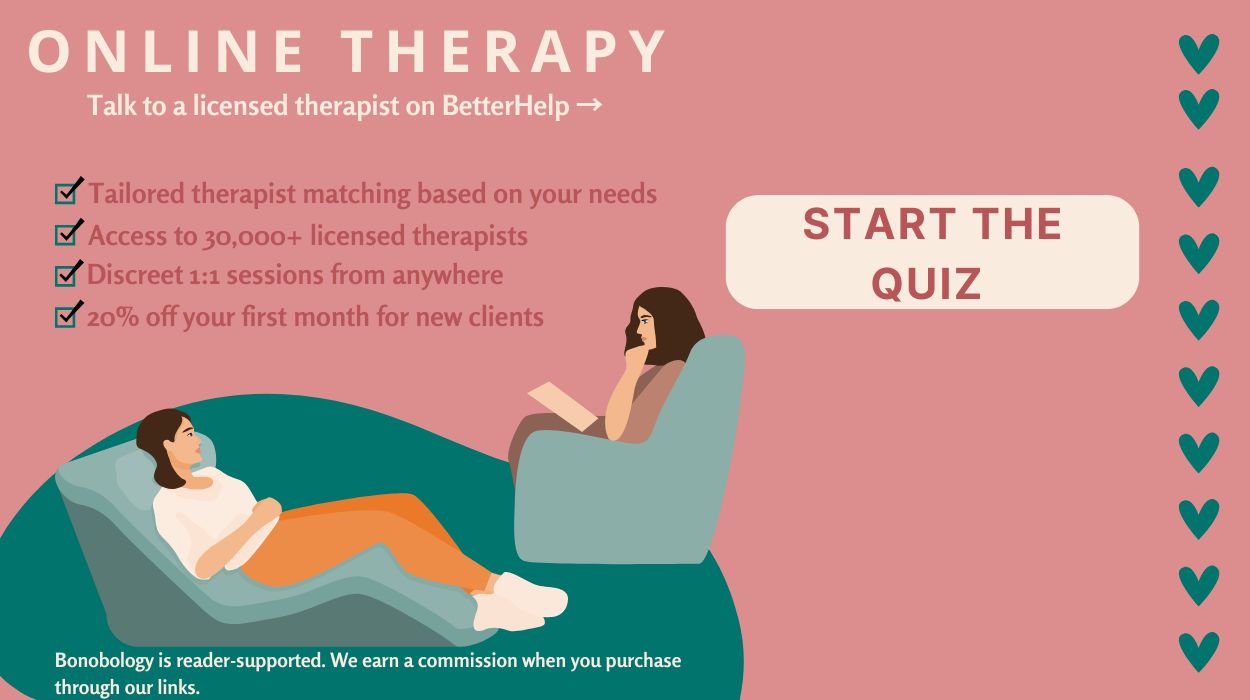
1. Be mindful of your tone
To tide over the challenge of poor or no communication in relationships, you must learn to be mindful of the tone you use while talking to your partner. After all, we convey as much with our tone and expressions as we do with our words. This is particularly important if you want to know how to talk to your partner about relationship problems without it turning into a conflict.
Pay attention to your tone of voice, ensuring it remains respectful and considerate during conversations.
Rashmi Dharamshi, counseling psychologist
2. Set boundaries
Boundaries play a critical role in fine-tuning the symphony of relationships and communication. So, if you have been struggling with thoughts like, “I don’t know how to talk to my husband about my feelings”, or “I cannot bring myself to share my thoughts with my wife” or “Why do I struggle to communicate with my partner?”, perhaps, it’s time to work on setting healthy boundaries that allow for honest communication with the fear of judgment, ridicule, or backlash.
Rashmi says, “Partners must respect each other’s boundaries and communicate openly about your needs and preferences. These may include not ridiculing each other, not attacking each other’s vulnerabilities during arguments, or not disrespecting each other in public.”
Related Reading: 9 Examples Of Emotional Boundaries In Relationships
3. Process your feelings before you react
When tempers are flaring or you and your partner are in disagreement and they say something that triggers you, reacting in the moment can do more harm than good. While it can seem momentarily cathartic, it contributes to communication breakdown in the long run.
One of the most vital tips on how to talk to your partner about relationship problems without making a bad situation worse is to take some space and process your feelings before you react. This is the best way to prevent saying hurtful things to your partner that you can come to regret later.

4. Limit distractions
Rashmi advises, “Minimize distractions such as phones or TV when having conversations with your partner.” Since digital interference is one of the prime reasons behind poor or no communication in relationships, removing this root cause from the equation can go a long way in fixing the issue.
5. Be empathetic
If you find yourself in a situation where communication leads to conflict, which, in turn, impacts your ability to talk to your partner, making you both feel distant and out of tune, the element of empathy may be lacking in your relationship. To address this, Rashmi advises, “Try to understand your partner’s perspective and show empathy toward their feelings.”
Related Reading: 6 Ways To Be More Empathetic In A Relationship According To An Expert
6. Time your conversations well
To communicate well, both you and your partner need to be in the right headspace. If you reach out to them to discuss issues or even share your feelings when they’re preoccupied with work or something else, you likely won’t get the kind of response you’d have hoped for. This can be certainly disappointing and may inhibit you from opening up and reaching out to your partner the next time.
The best way to counter this all-too-common issue impacting the quality of communication in relationships is to time your conversations well. If you have something important to tell or discuss with your partner, ask them if they have the time and mental capacity to actively engage in a conversation. If not, put it off until you’re both physically and emotionally available to deal with the issue at hand.
7. Validate feelings
When one partner dismisses or invalidates another’s feelings or emotions, it can make it harder to open up and communicate freely. If this cycle of emotional invalidation repeats over and over again, a distance begins to creep into the relationship. That’s when a woman feels neglected in a relationship or a man feels disconnected from his partner, and communication problems get exacerbated. The solution? Rashmi says, “Acknowledge your partner’s feelings and validate them, even if you don’t agree with their perspective. Never dismiss their concerns or emotions off-hand.”
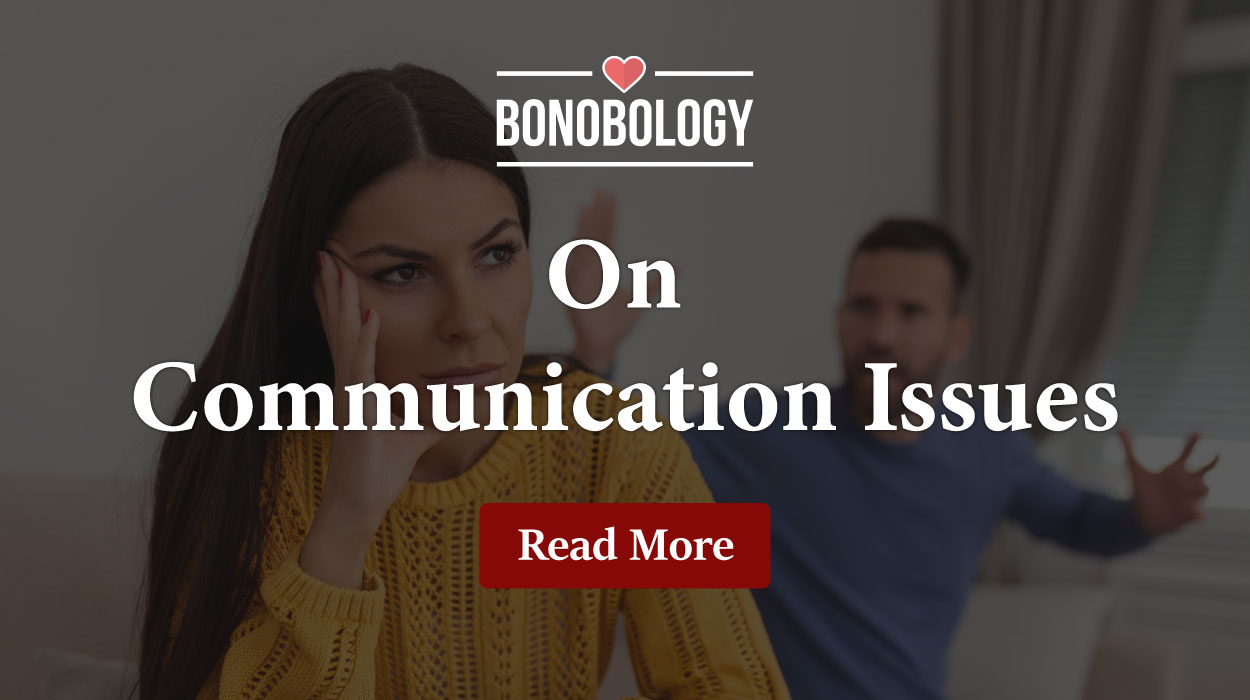
8. Practice patience
The struggle of communicating well with your partner can be dealt with with patience and understanding. Rashmi says, “Two people in a relationship will find it easier to communicate with one another when they know they will be given space to say their piece and be heard. So, be patient and give your partner time to express themselves fully without rushing or interrupting.”
Related Reading: 11 Ways To Be Patient In A Relationship
9. Use “I” Statements
How to talk to my husband about my feelings, how to open up to my wife, or how to communicate better with my partner, you ask? A non-accusatory tone and steering clear of blame-shifting is the answer. To be able to freely talk to your partner about your feelings, you must take accountability for your own emotions. For this, Rashmi advises, “Frame your statements using “I” instead of “you” to avoid sounding accusatory. For example, “I feel upset when…” instead of “You always…”.”
Key Pointers
- “Why do I struggle to communicate with my partner?” is a common concern because so many of us have grown up without learning how to have difficult conversations or embrace vulnerability
- Poor listening, blame game, frequent arguments, passive-aggressiveness, and assumptions are some signs of poor communication in a relationship
- The dissonances between relationships and communication arises due to fear of vulnerability, insecure attachment style, unrealistic expectations, as well as, external factors like language barriers and digital distractions
- To fix poor communication in a relationship you be mindful of your tone, set healthy boundaries, process feelings before reacting, be empathetic, validate feelings, be patient
When the question, “Why do I struggle to communicate with my partner?”, arises in your mind, take a moment to sit with yourself, introspect on the signs and causes — focusing primarily on your role — and answers will emerge. Based on what you discover, you can create a roadmap to improve the quality of your communication with your significant other, our expert-recommended tips serving as a guiding light along the way.
Understand Why Is Communication Important In A Relationship Before It’s Too Late!
Your contribution does not constitute a charitable donation. It will allow Bonobology to continue bringing you new and up-to-date information in our pursuit of helping anyone in the world to learn how to do anything.

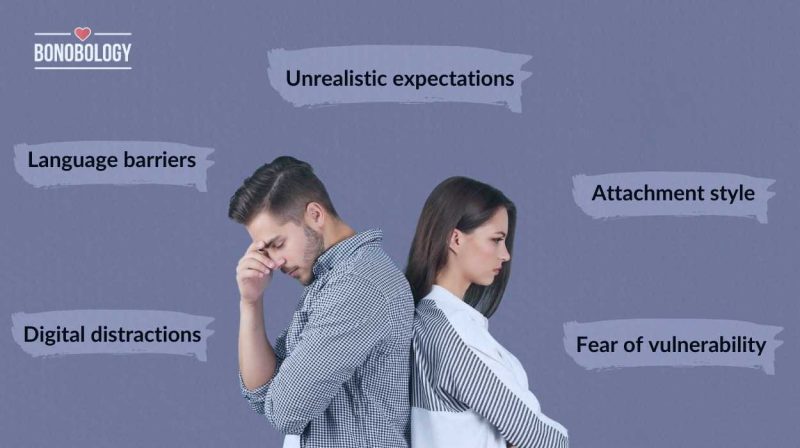
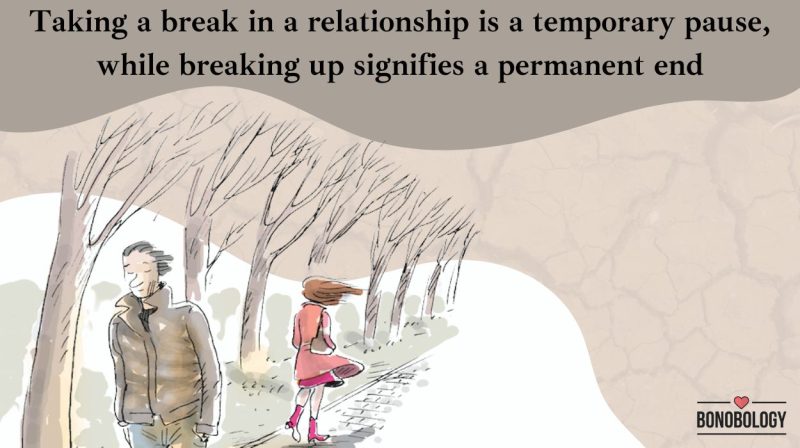


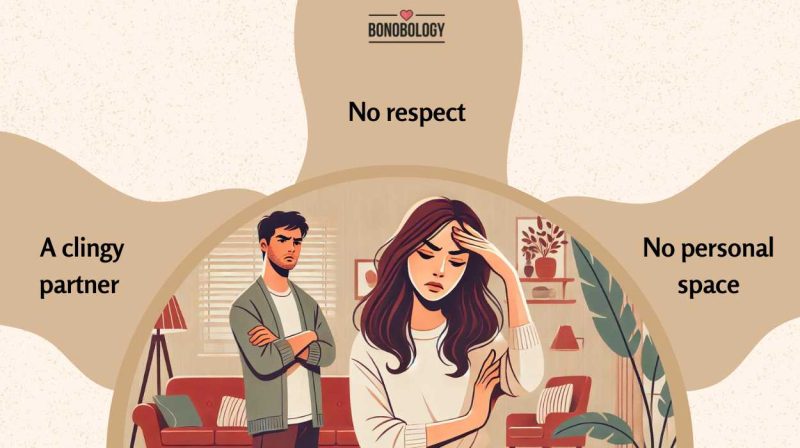
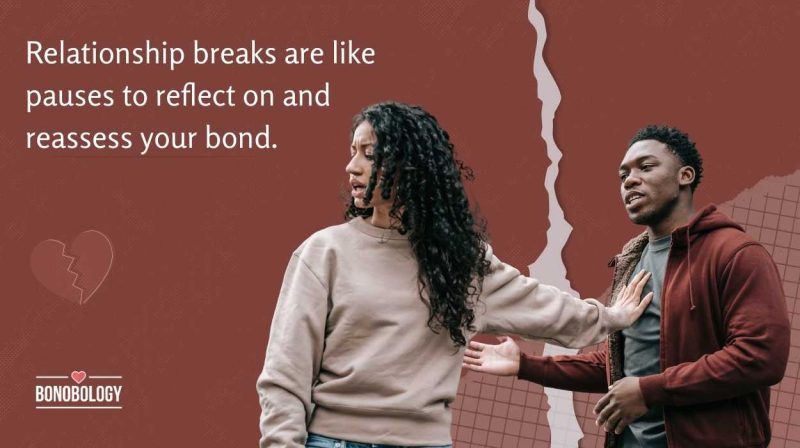



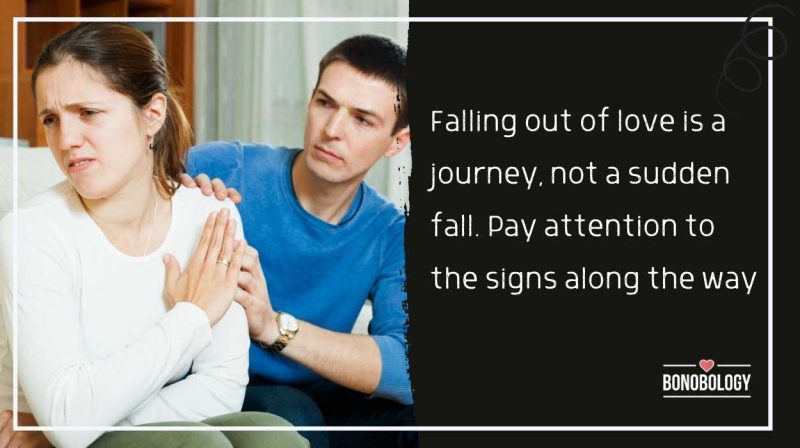
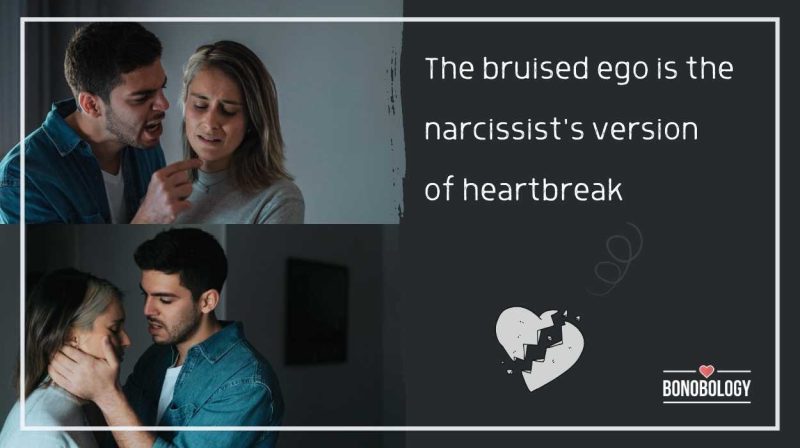
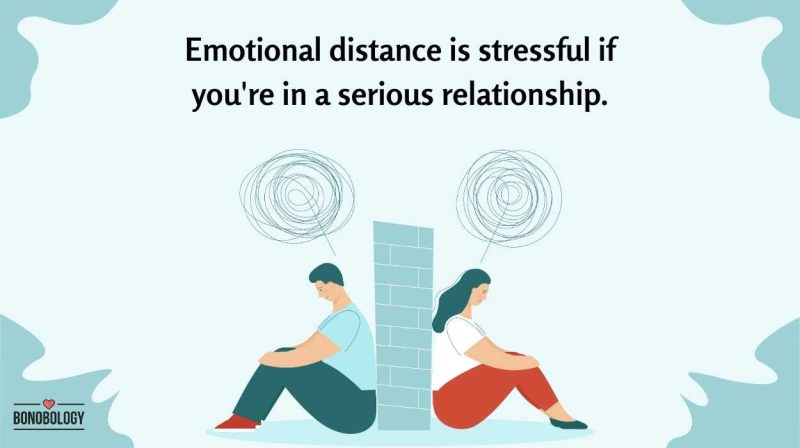
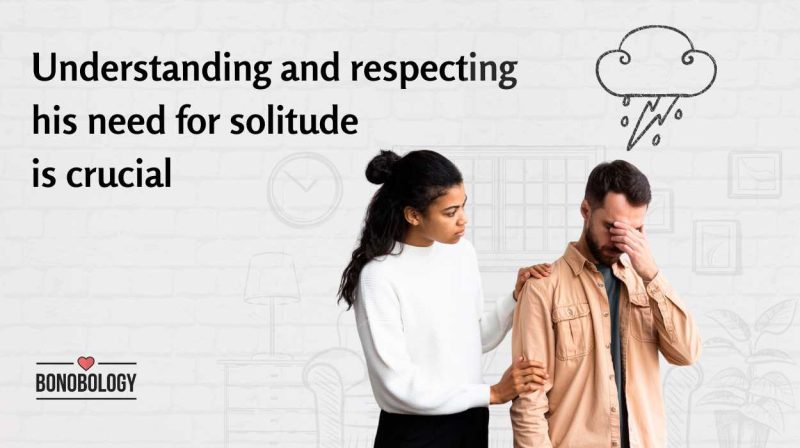
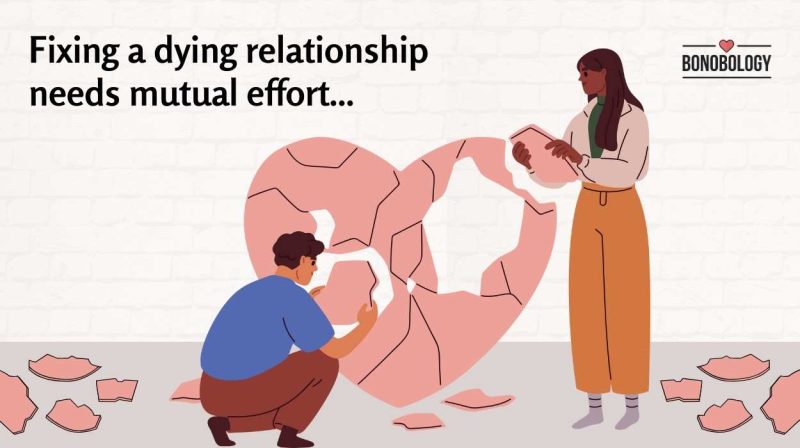
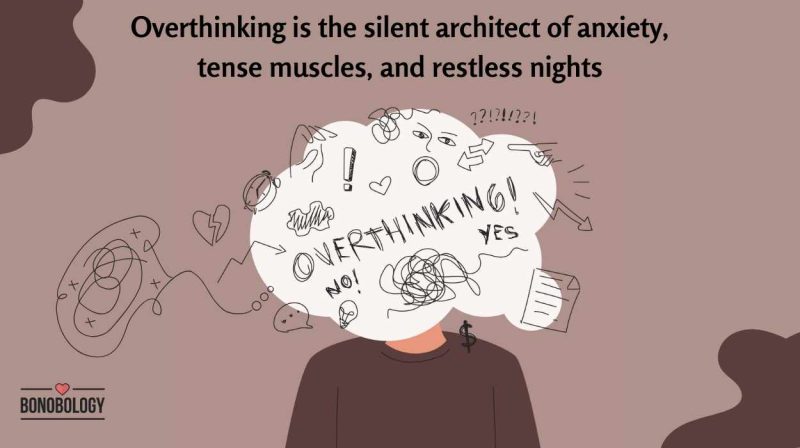


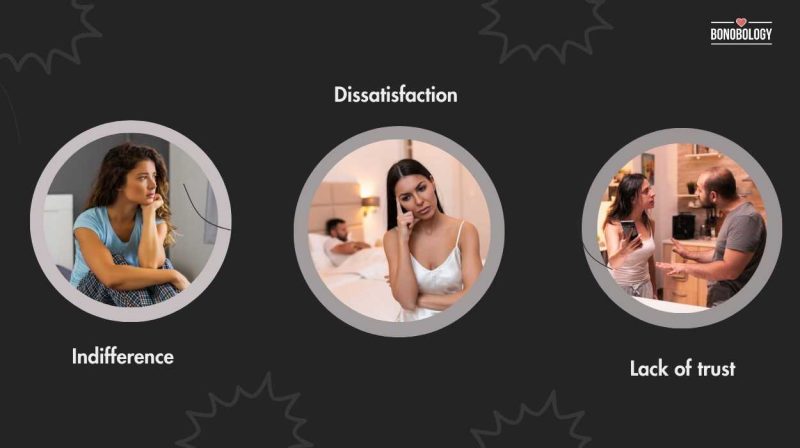
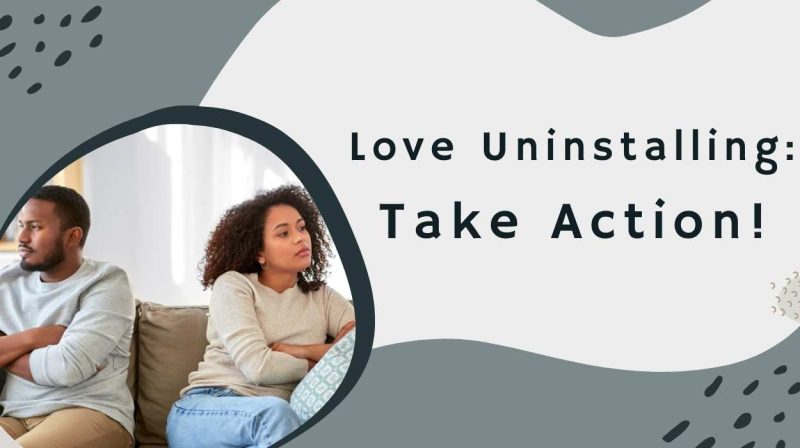

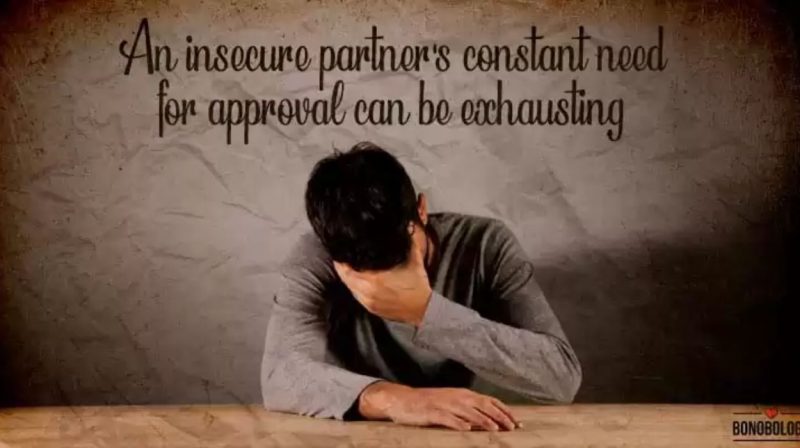
Featured
What Is A Break In A Relationship And How To Navigate It
Emotional Abandonment In Marriage: Signs, Causes, And Ways To Cope
15 Signs That Your Girlfriend Isn’t Sexually Attracted To You
Feeling Suffocated In A Relationship: Reasons, Signs, Ways To Deal
How Long Should A Relationship Break Be? A Therapist Answers
Will He Come Back After Silent Treatment? 15 Ways To Make Sure He Does
How Online Nursing Degrees Influence Relationship Dynamics
Why Do I Miss My Boyfriend So Much: Reasons And Ways To Deal
21 Clear Signs She Doesn’t Want A Relationship With You
How Narcissists Treat Their Exes — 11 Common Things They Do And How You Can Respond
Emotional Distance: Meaning, Causes, Signs, And Ways To Fix
My Boyfriend Is Grieving And Pushing Me Away: Tips To Cope And Comfort Your Man
What To Do When Your Relationship Is At Breaking Point?
Am I Overthinking Or Is He Losing Interest? 18 Signs To Help You Identify
Discover Your Worth: 13 Ways To Feel Loved And Appreciated
23 Backhanded Compliment Examples in Everyday Life That Are Actually Insults
11 Things That Happen When A Woman Shuts Down Emotionally – And How To Reconnect
15 Signs Of Emotional Detachment In Your Relationship
How To Not Be Jealous In A Relationship – 15 Expert Tips
11 Ways An Insecure Partner Drains A Relationship And 5 Ways To Fix It